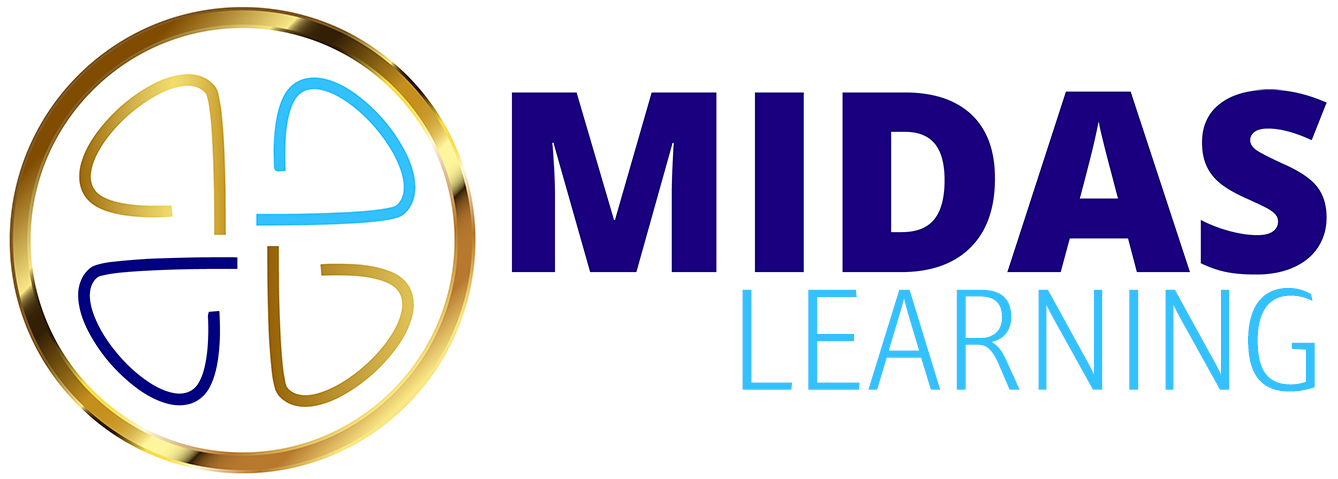The Coaching industry has changed substantially. Originating in the states, coaching is becoming a popular and emerging specialised profession in Ireland and has grown from strength to strength over the past number of years.
With the added complexity of COVID 19, this profession has changed further as people have not been meeting each other and coaching one to one sessions have become non-existent. Restrictions, not only on face-to-face meetings, but also travel and social distancing requirements have meant a rethinking of h
With these consequences of the global pandemic, coaches have found it necessary to completely rethink and rework their offering to adapt to doing business.
Learning to adapt to COVID means as coaches we will need to plan into the future and be innovative about creating new business models to operate within. Some new emerging trends for the business are:
- The emergence of social media to advertise and give sample webinars/seminars to a new wider audience. Also being able to deliver anywhere, anytime has enhanced the scope of coaching practice for successful coaches.
- The use of virtual coaching through new technology is revolutionizing the way coaches can service their clients e.g., Zoom, Microsoft Teams, Google meet and other new LMS’s (Learner Management Systems). The use of automation has greatly helped develop coaching courses and programmes, as well as many emerging online tools, resulting in the development of tangible coaching products.
- When Clients engage in coaching, they are looking for a particular outcome (rather than a process). They are looking for change, for results and seek coaches that can give it to them fast. Examples of coaches that promise transformation include Marisa peer, Mel Robbins, Joe Dispenza and Tony Robbins to name a few. We all need to draw from this approach where we are focusing on a “results-orientated” outcome. We need to understand how we can get these results for clients – what strategies we use, can we create different tools and resources and how we engage in an accountability process so that our clients are succeeding. This means as coaches we need to be very clear about what they can help their clients achieve.
- My experience when helping coaches is that they all have an “area of expertise” and by promoting a specific area, it is easy for the client to decide on what the coach can help them achieve. The reality is that most people are seeking out a solution to a specific problem, and the more aligned with that problem a coach is, the more likely they are to be chosen. When a coach understands their own “niche”, they can better communicate this to their clients and become known for this particular area of expertise.
- Networking and outsourcing are extremely important for coaches and reaching out to ask for extra help especially if they are a one-person operation e.g. ghost writing, videography, programme and web content.
Networking with other coaches especially in opposite niche areas can be extremely useful in getting clients and networking with colleagues in other areas e.g. The Training, Mentoring and facilitation sector can open up new doors
- One aspect emerging because of COVID 19 is that people becoming more aware of their mental health with some struggling to cope. The subject of emotional and mental wellbeing is not spoken about openly and becoming an area where individuals are cognisant of developing, making coaching a more called for and relevant profession than ever before.


